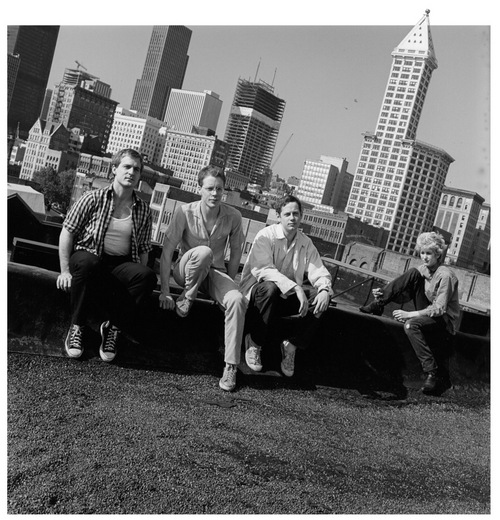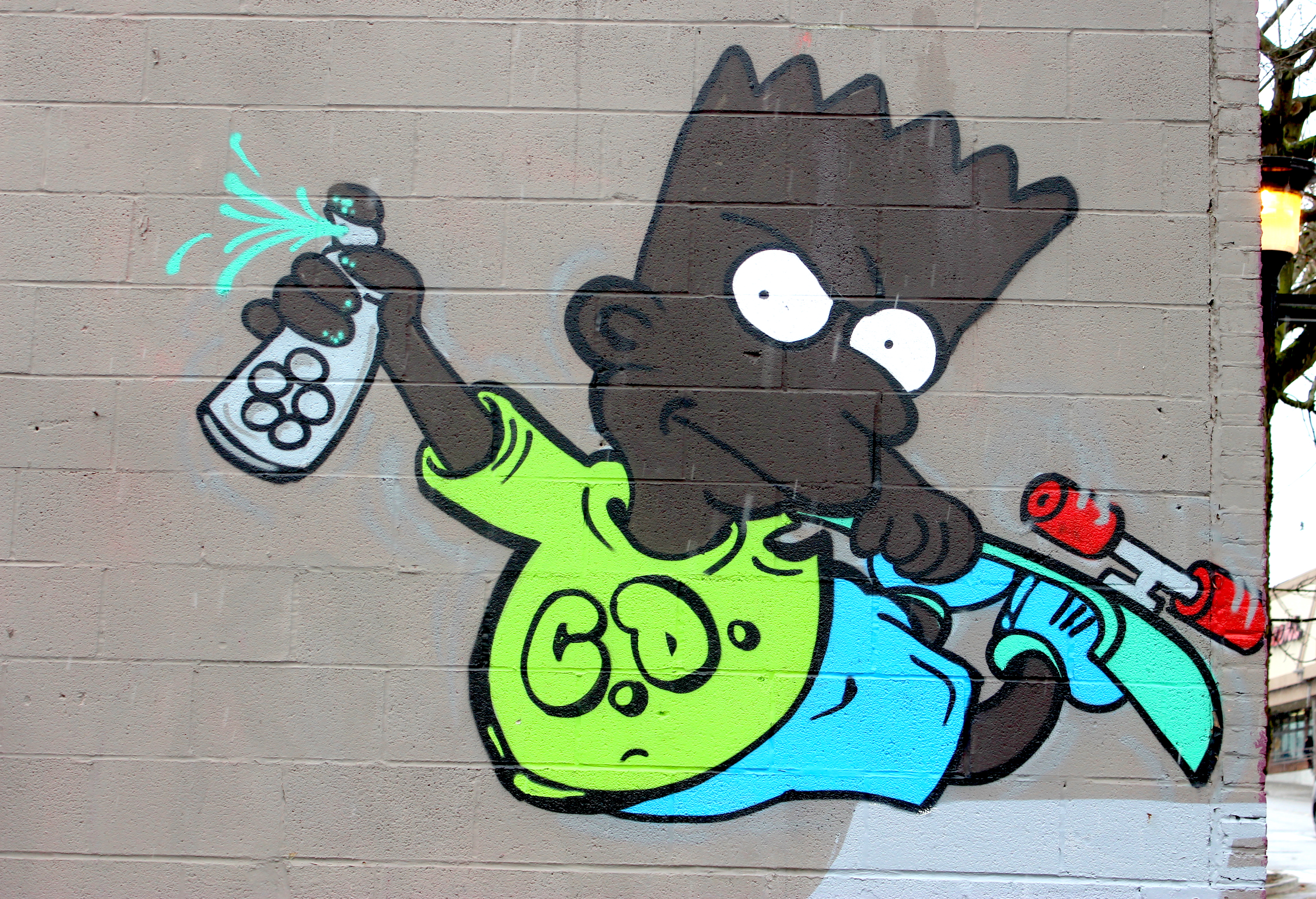“Nowadays you’ll walk into Sea-Tac and you’ll hear indie rock first thing when you walk off the plane,” Sub Pop co-founder Bruce Pavitt tells me over the phone. “You wouldn’t experience that if George Romansic hadn’t been such an advocate of indie music in the early days.”
Romansic, who passed away last night after a long battle with cancer, served as one of the key figures for the indie cultural revolution in the early 1980s that went on to transform Olympia, Seattle, and the entire Northwest region into the celebrated music center it is today. He helped start it all while working as the music librarian at Evergreen State College’s KAOS radio station, where he and DJ John Foster instituted a now infamous independent music policy in the late 1970s. The policy dictated that at least 80 percent of the music played on the station must come from independent record labels and distributors, a policy the station still carries on today.
“Because KAOS in Olympia prioritized indie records, people who were there got turned onto all sorts of underground music we wouldn’t have heard otherwise,” Pavitt says, “people like myself, and Calvin Johnson of K Records. In a sense, you could say the roots of Sub Pop Records and K Records were greatly influenced by this policy by Romansic.”
It’s an ethos Romansic would carry over into his extensive work in local indie record distribution, and in championing local independent music in the pages of the since-departed Rocket and on Seattle’s KRAB radio, which would eventually be replaced on the dial by KNDD (107.7 The End).
Romansic himself was a player in the early punk/new wave scene in Seattle, drumming in bands like The Beakers, 3 Swimmers, and Danger Bunny. The Beakers earned accolades from post-punk masters Gang of Four, whom they got to open for in the early 80s.
“[The Beakers] had talent by the truckload,” Gang of Four’s Jon King said of the band, “spiky guitars, left field words, great rhythm section… what more could you want. I loved their awkward intelligence and tunes. We all had a lot of fun as well, which was a plus. They were key movers in developing the alt West coast artpunk sound.”
“A lot of the music being made at that time was more conceptual and didn’t necessarily sell, per se,” Pavitt says. “Those bands would perform in art galleries like the Roscoe Louie art gallery in Pioneer Square. Punk/new wave in that period was in many ways an art movement. George, being more of an intellectual, really helped foster and support that movement. The idea that indie music could be financially successful wasn’t on anyone’s mind, but through his radio support and through the distributors he worked with, he helped nurture the infrastructure that Sub Pop became a part of. Artists at that time would put out maybe 500-1000 records, and wouldn’t expect them to sell or be a big deal. Ten years later, Nirvana blew up, and the culture really changed and next thing you know, you’ve got indie rock at Sea-Tac Airport. George was part of the seed culture that helped that blossom in the Northwest.”
“He had enormous integrity, was super sweet, a true intellectual, and will sincerely be missed,” Pavitt says.
Patti Smith apparently remembered Romansic as well. While playing the Moore Theatre last Monday, the punk icon dedicated her cover of John Lennon’s “Beautiful Boy” to Romansic.
Romansic was an early fan of Smith’s. Back in 1978, he, along with Foster, led the fledgling KAOS crew (with Calvin Johnson in tow) from Olympia on a trek to try and intercept Smith at Sea-Tac airport before her first Seattle show at the Paramount. They arrived a moment too late, but managed to see Smith wave at them from the back window of her car.








